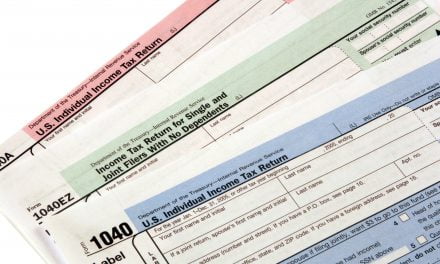Spring Valley Lake Association v. Victorville
Facts: A business owner applies for city approval to construct a new retail development. The project will be constructed at the entrance to a community managed by a homeowners’ association (HOA). The city’s general plan requires all new commercial developments “generate electricity on-site to the maximum extent feasible.” The project is designed to be “solar ready,” but will not generate any on-site electricity upon completion. The city approves the environmental impact report (EIR) for the project despite its failure to meet the requirement of the general plan and subsequently approves the project.
Claim: The HOA seeks to halt the construction of the project, claiming the project violates the city’s general plan since it does not “generate electricity on-site to the maximum extent feasible.”
Counterclaim: The business owner claims the project is consistent with the general plan despite its failure to generate on-site electricity since a project does not need to be consistent with all aspects of the general plan and only needs to further the plan’s objectives and policies.
Holding: A California court of appeals holds the development project is inconsistent with the city’s general plan and the project may not proceed since the provision in the general plan requiring the generation of on-site electricity is fundamental, mandatory and clear. [Spring Valley Lake Association v. Victorville (June 15, 2016) __CA4th__]



















